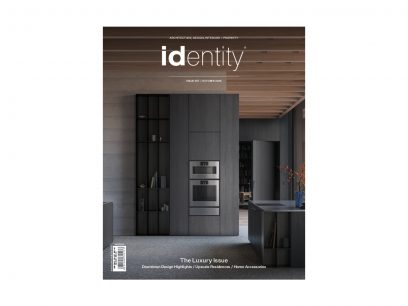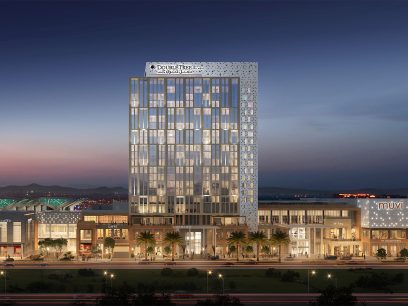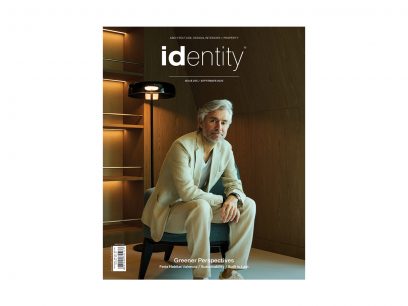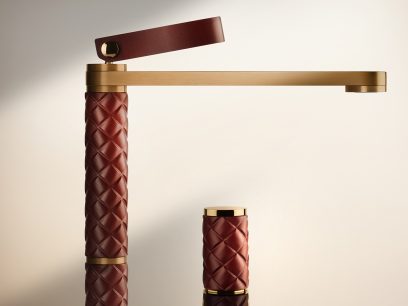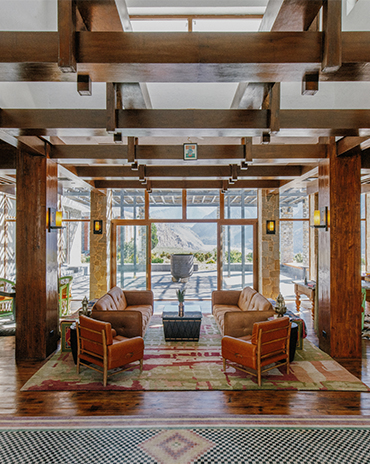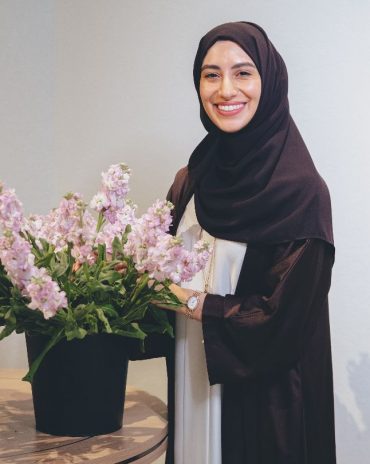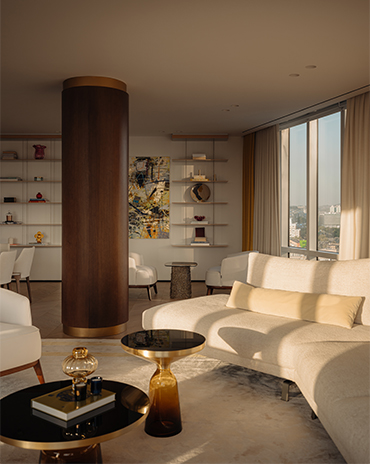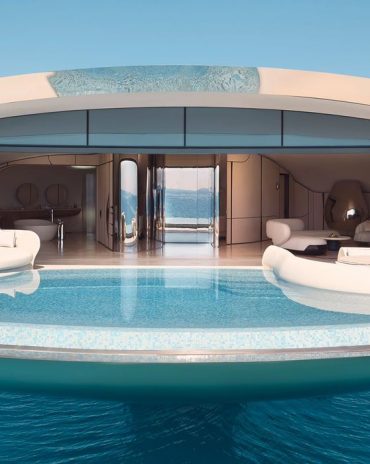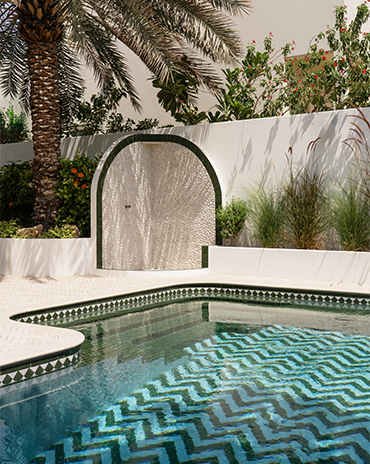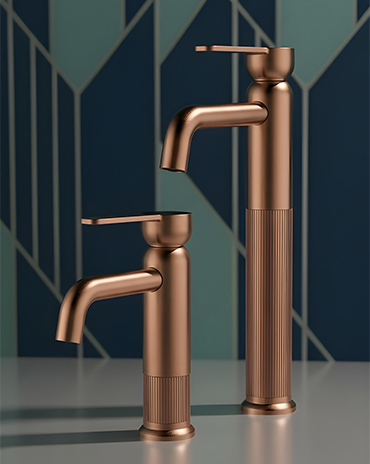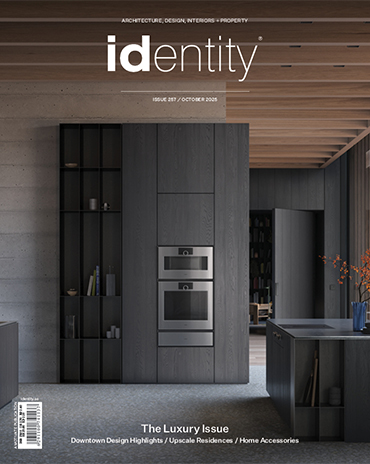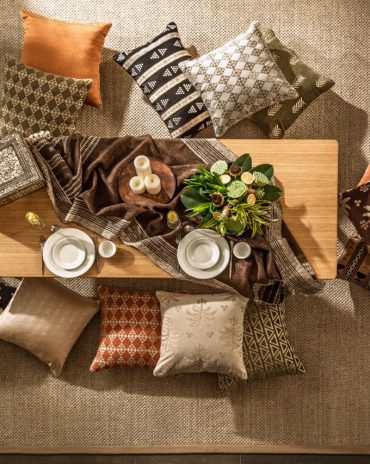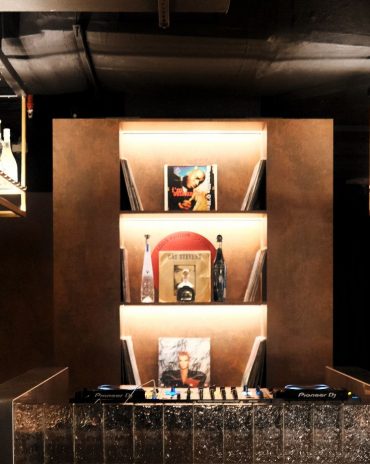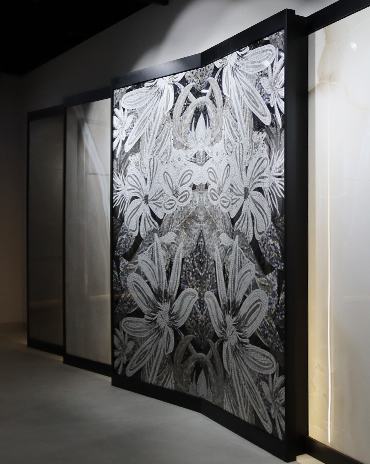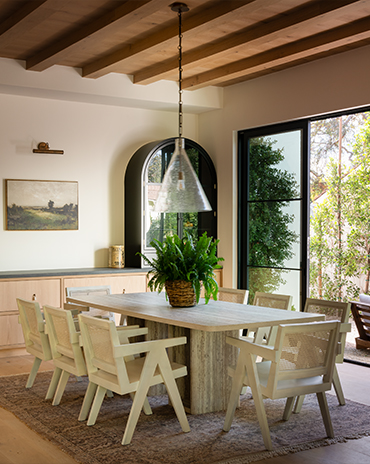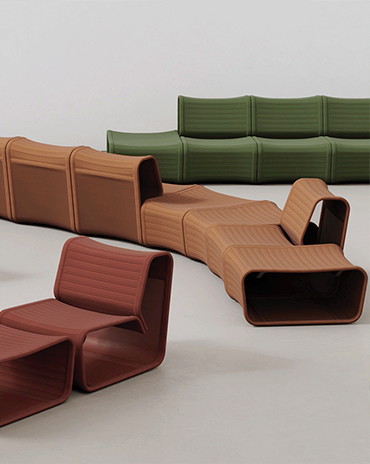Copyright © 2025 Motivate Media Group. All rights reserved.
Food New York designs new Les Benjamins store in Dubai featuring plaster arches
The new flagship store is inspired by the brand's East meets West approach
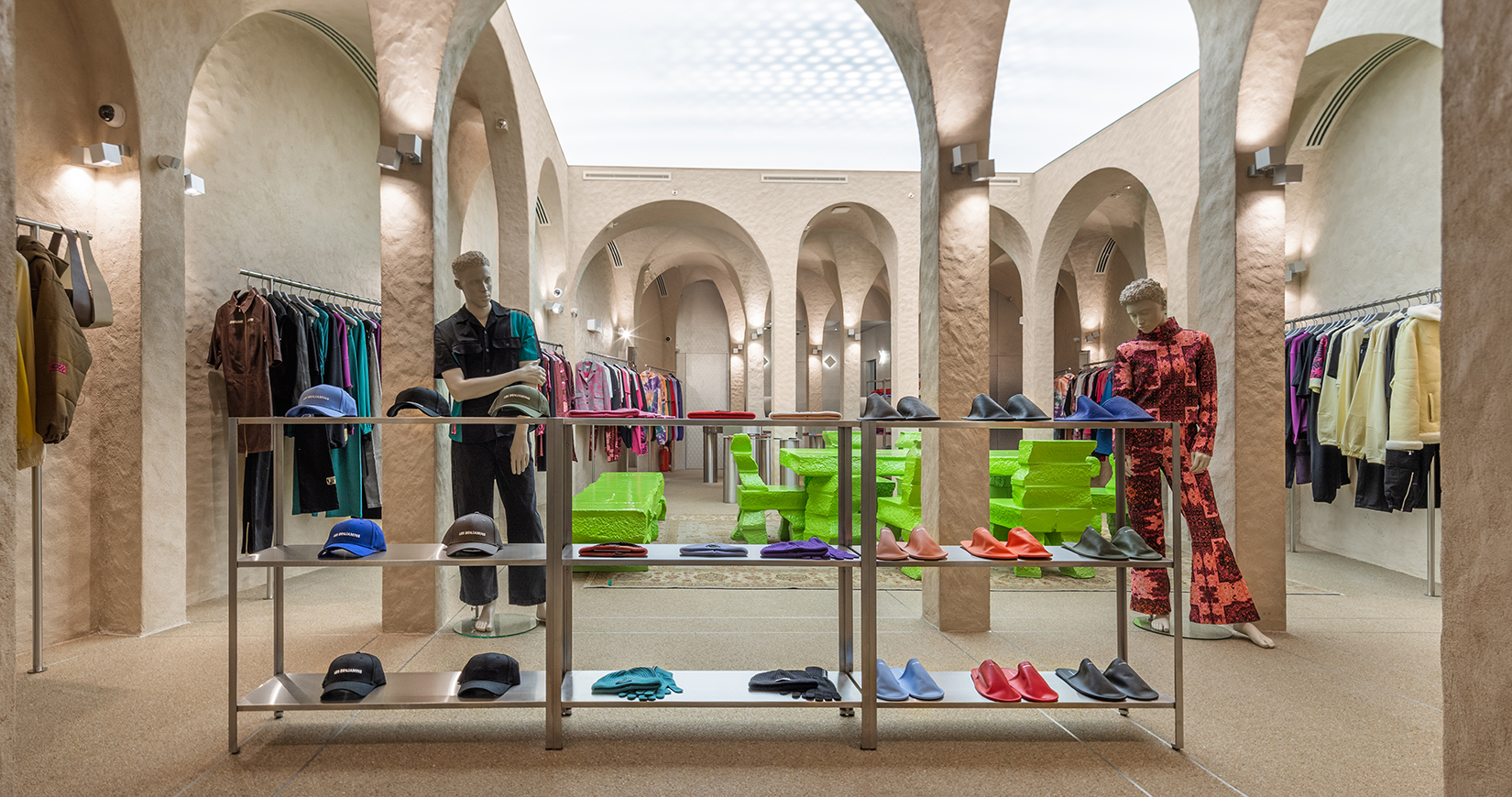
Les Benjamins is more than just a streetwear brand. Founded in Istanbul by designer Bünyamin Aydin in 2011, the brand presents a coalescence of the founder’s interests in architecture, photography, art and – most importantly – in cultivating a space for youth culture across the East.
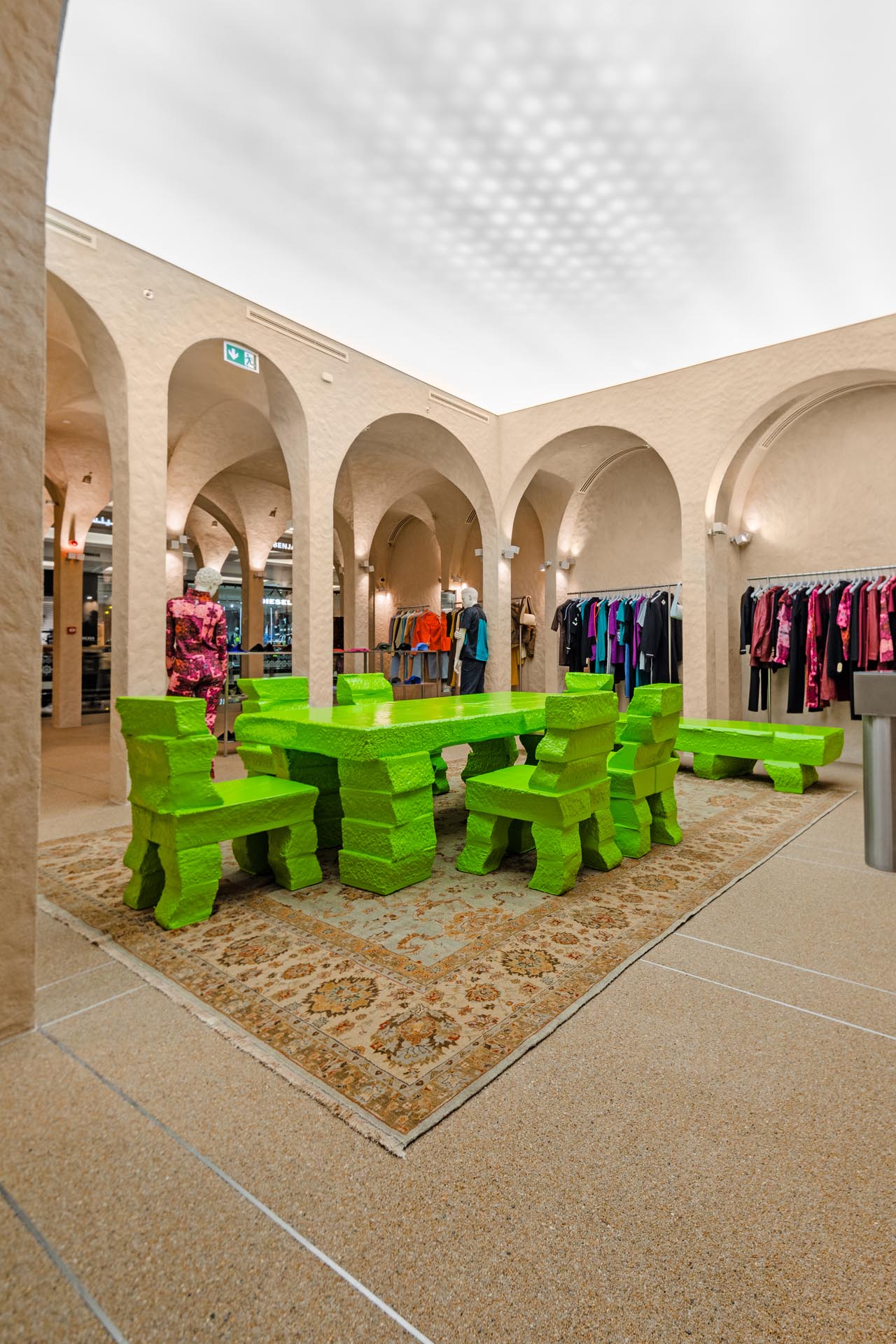
“Istanbul, and the East in general, have always been watching and following what happens in Paris, London and New York in terms of music, art and fashion,” Aydin begins. “Most of the subculture movements from these cities [have been] a source of inspiration for many of us. However, what I see now is that Istanbul and the East are at an all-time high, creatively. I [am seeing] so many new designers, artists, sculptors, musicians and independent magazines popping up.”
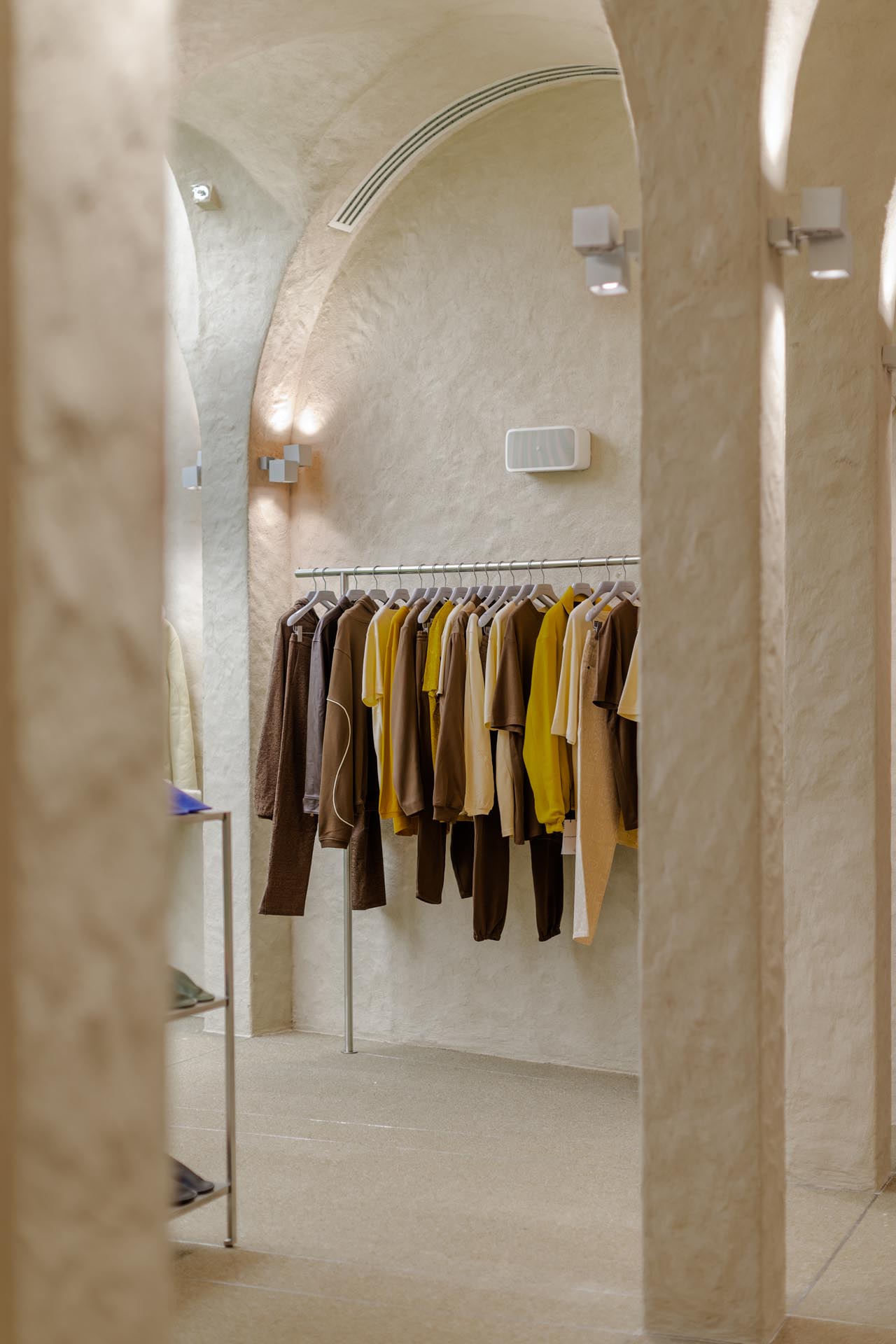
He continues: “Les Benjamins acts as a community brand that helps and supports the acceleration of the creative Eastern youth movement. It gives hope to others from our region that this can be done. Each [of our] collections is inspired by our stories from the East and I try to tell these stories by educating ourselves about our past and present. Bridging the gap between our heritage and today’s values is also a great juxtaposition that is [central to] the design philosophy of the brand. I want to see more creatives, artists and talents pop up globally from this [part of the world].”
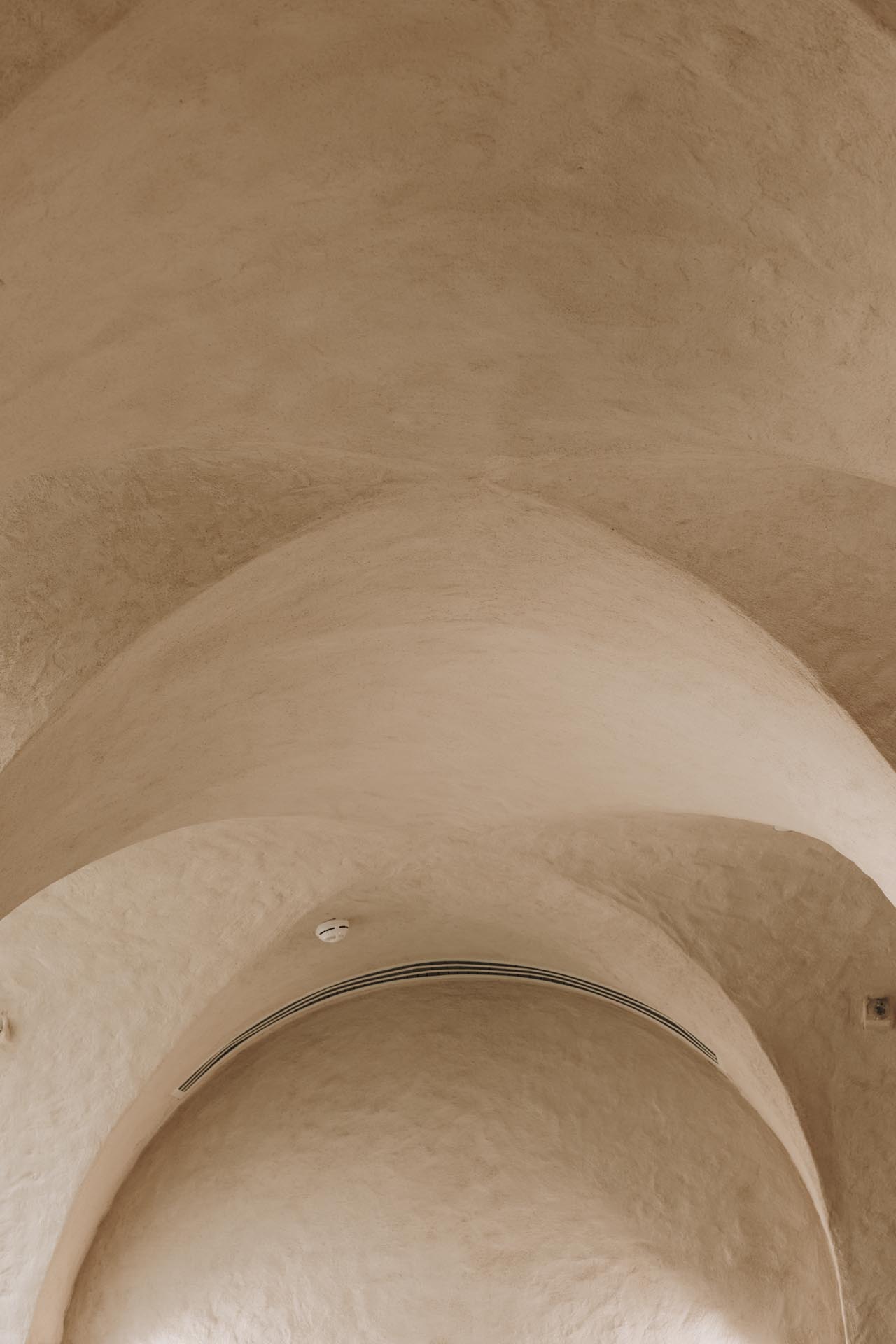
For Les Benjamins’ first store in Dubai, Aydin reconnected with long-time collaborator and designer Dong-Ping Wong, founder of Food New York, who also created the brand’s flagship store in Istanbul as well as projects such as the Yeezy Studio in Calabasas and Virgil Abloh’s first Off-White store in 2015. “I loved that Food New York’s retail stores never felt like stores,” Aydin says.
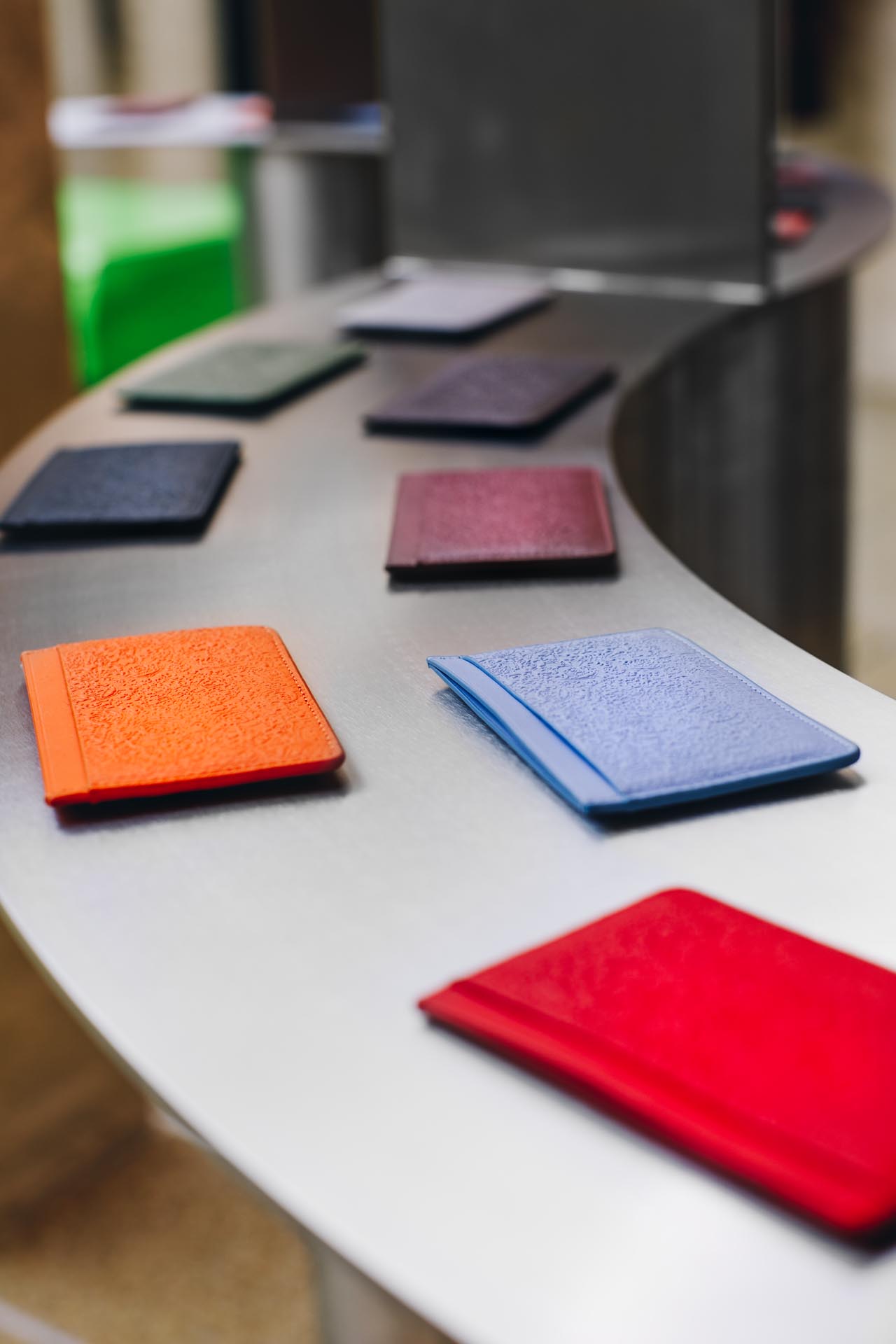
Wong’s approach to Les Benjamins Dubai maintained the same attitude. “All my [design] training is in cultural and civic spaces: museums, performing arts theatres, public parks, student centres; places where culture gathers – so that’s how we approach stores [as well],” Wong explains.
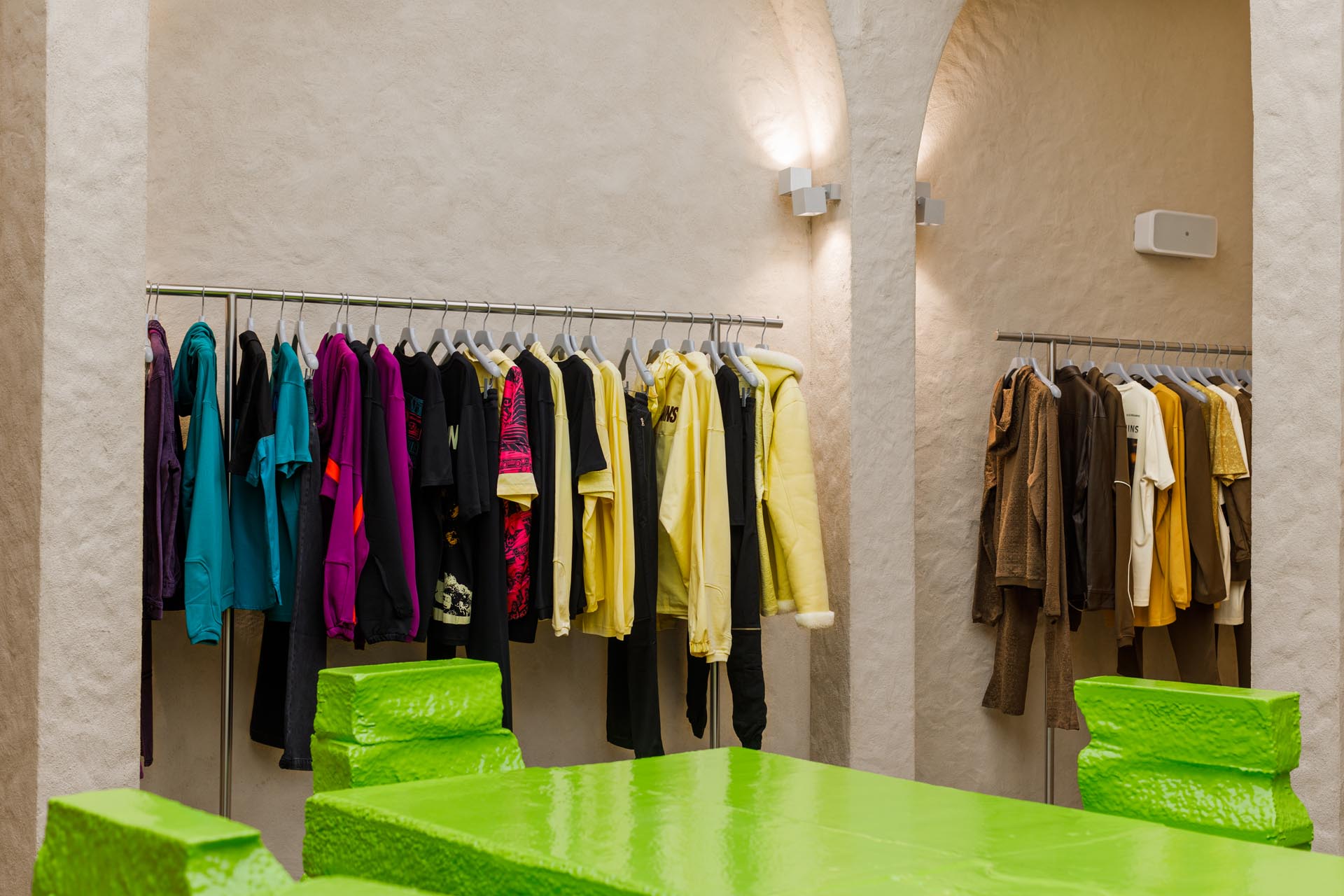
Spread across 213 square metres, the minimalist space features a convergence of East and West, with inspirations including Dubai’s Al Fahidi Historic District and the Basilica Cistern in Old Istanbul. Food New York used a local plastering technique that can be seen in the souks and older structures of Dubai as the foundational material for the entire store, overlaid on to forms from Old Istanbul such as arches that echo across the overall space. Concrete and steel are used to contrast with the more traditional materials of the store.
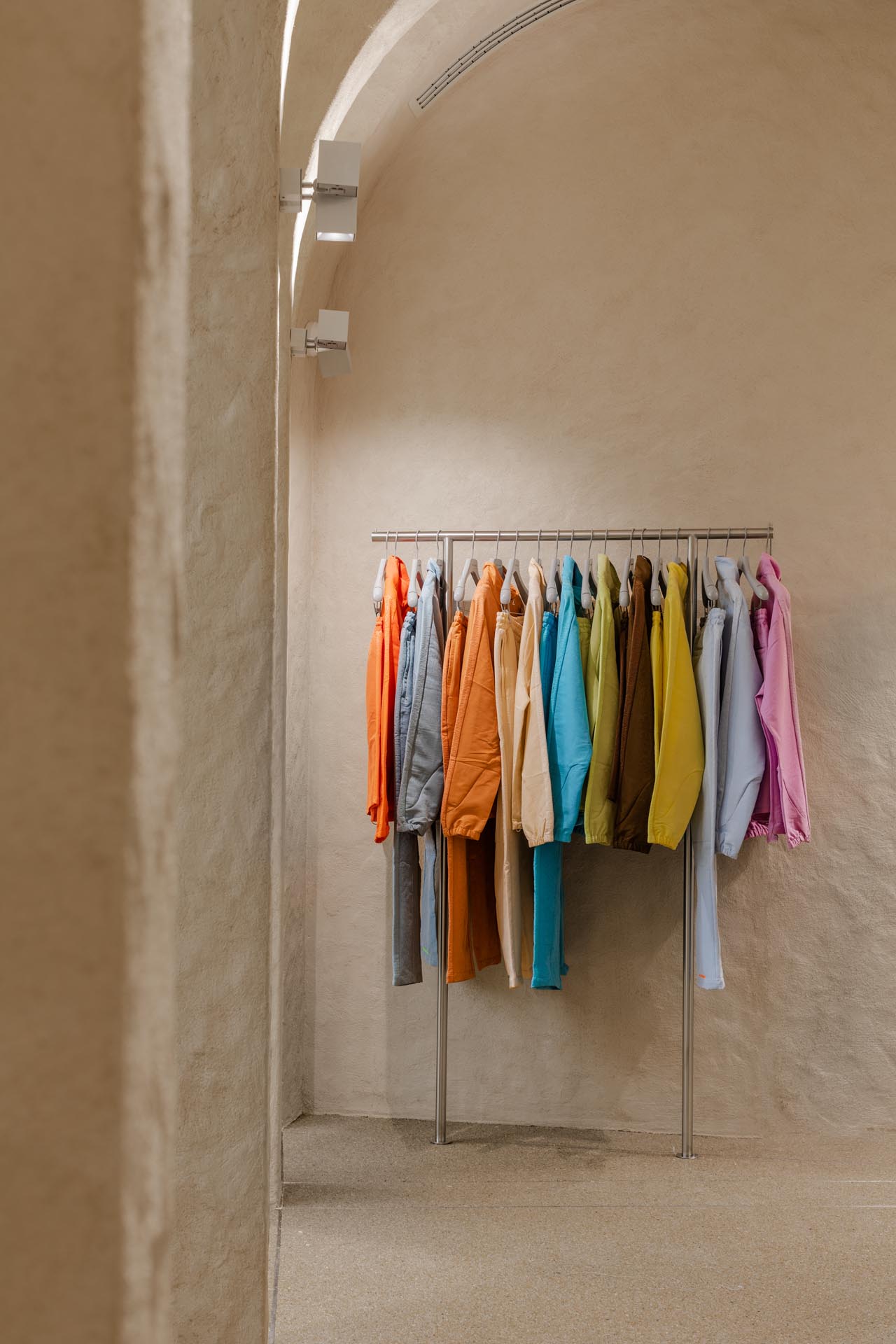
In the ‘main courtyard’ at the centre of the store is what Wong describes as a “Nickelodeon green slime table and bench from Max Lamb”, which is designed to offer young creatives space to work and connect.
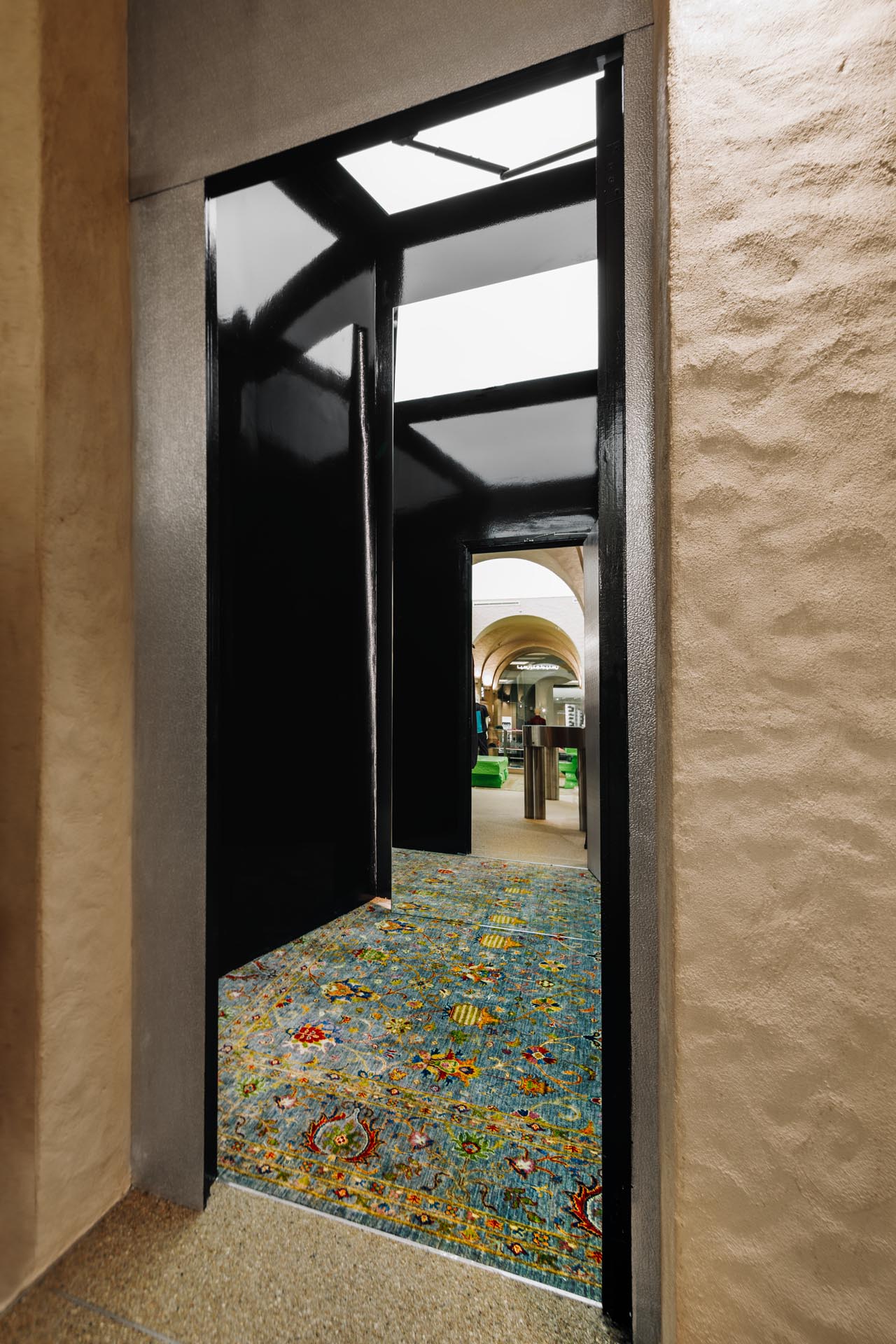
“I want the Les Benjamins Dubai store to become a flagship store that is also a community space,” Aydin explains, adding that plans are currently underway to kickstart year-long activations in the store that are centred around the arts, fashion, sneaker culture and music.
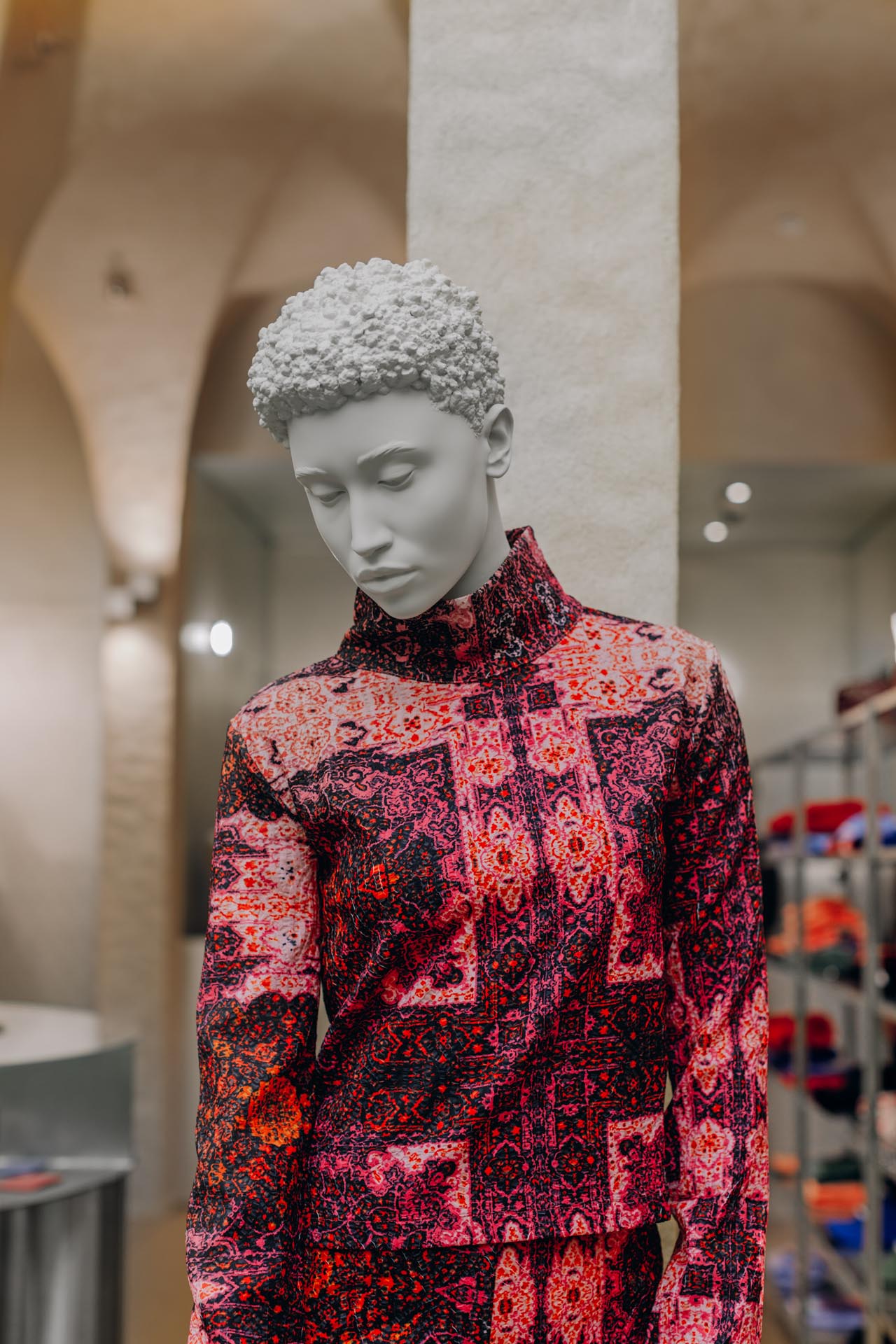
“If you are based in Dubai, feel free to stop me at the store and share your ideas,” he says. “We are very open to ideas from the community. Every store should feel like part of the city and the way to do that is to allow creatives to express themselves.”
The Latest
An Ethereal Stay
A bespoke, cultural and spiritual adventure awaits in the remote, magical Kingdom of Mustang with the all-inclusive Shinta Mani Mustang – A Bensley Collection hotel
Celebrating artistry, heritage, and community
Casamia & Mustard & Linen host a cultural exchange celebrating Emirati Women’s Day
Skyline Serenity
A family home in Almaty, Kazakhstan blends modern architecture, bespoke craftsmanship and global design icons
Trend Group supplies to the Red Sea’s most prestigious projects
Mohamad Chehab, the general manager of Trend Group Middle East talks about the group's involvement in the Red Sea Projects
A New Chapter in Surfaces
APE Grupo brings Spanish expertise to the Middle East with a flagship showroom designed for visionaries
The Art of Distinction
Influenced by Art Deco design, Supreme by TREDEX now features a striking Matt Bourbon finish
Read ‘The Luxury Issue’ – Note from the editor
Our cover features Gaggenau, a brand that embodies design for the truly discerning.
Sarita Handa and Kristina Zanic Consultants Unveil DEEBAJ
Sarita Handa and Kristina Zanic Consultants announce the launch of DEEBAJ, a special-edition textile collection that reinterprets the rich cultural heritage of Saudi Arabia through the artistry of Indian craftsmanship.
Design Take: GABA
Inspired by the philosophy of GABA tea, fermented without air or light, Studio Meshary AlNassar translated this concept into an interior that is hidden, intimate, and layered with sensory detail.
Geared for Growth
ClayArk opens an expanded showroom showcasing their expansion into sanitary ware
Holiday Vibes at Home
California sunshine and French country charm meet in this 510-square metre house with a dream pool cabana and peaceful garden
Things to Covet
Nature-inspired meets future-ready for these sustainable pieces

